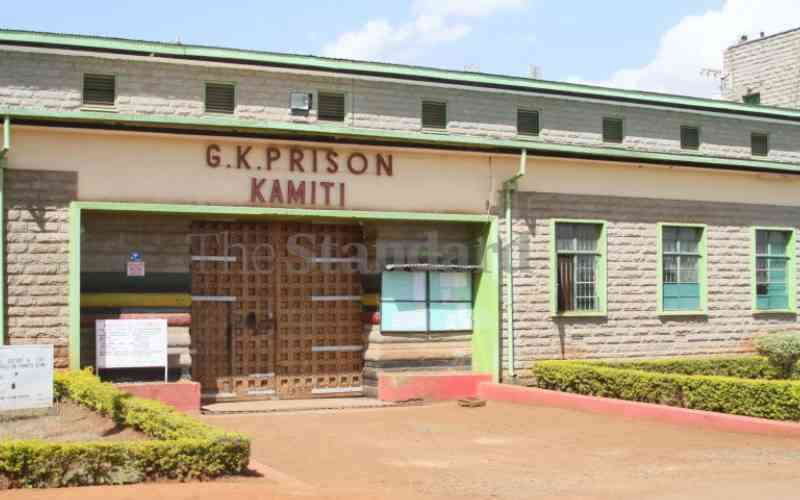×
The Standard e-Paper
Kenya’s Boldest Voice

Now under new management, the Power of Mercy Committee may have generated both a celebratory win and more controversy for the presidency.
Last week, President William Ruto commuted sentences for death row prisoners to life imprisonment. The committee also advised the president to pardon 37 prisoners with some very troubled backgrounds. The first needs saluting, but the second needs closer attention.